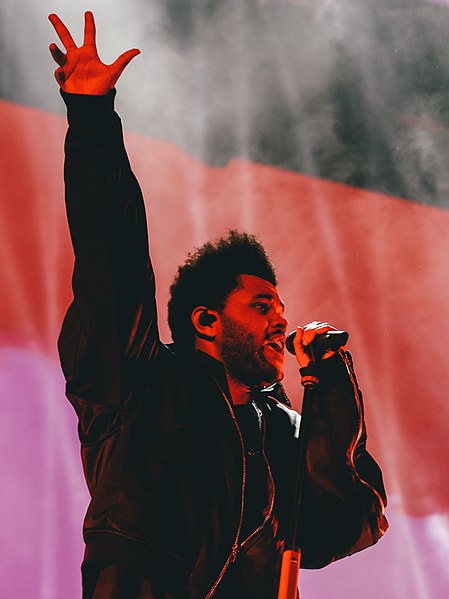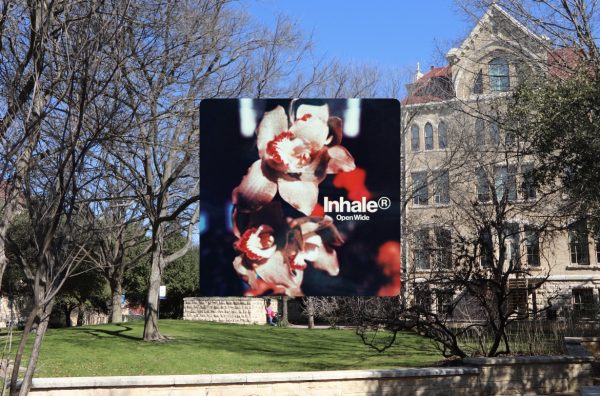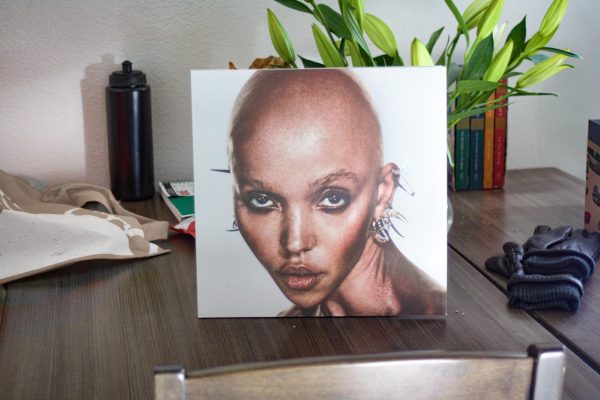The Weeknd announces boycott of all future Grammys

After receiving no nominations for his chart-topping album, The Weeknd announced his boycott of all future Grammys. The nomination process is generally secretive.
Before The Annual 63rd Grammy Awards aired, as per usual, there was controversy surrounding nominations . Canadian singer, songwriter and producer Abel Makkonen Tesfaye, publicly known as The Weeknd told The New York Times that “he would boycott the awards from now on.”
2020 was a year marked by the COVID-19 pandemic and people becoming more aware and outspoken regarding social justice issues. In the wake of the death of George Floyd, people have wanted to look closely at the morals of the institutions they are influenced by how some of them promote racism, The Grammys was no exception.
The Weeknd further explained that, “Because of the secret committees I will no longer allow my label to submit my music to the Grammys.” The Grammys are notoriously secretive about their voting process.
The process of deciding who will be nominated and who won’t begins with the initial nomination choices, which are made by “thousands of music professionals who make up the voting membership of the Recording Academy.” However, for 61 of the 84 categories in which Grammy Awards are given out, The Recording Academy has the ultimate say about who wins the award. This has led to many artists’ distrust and hesitancy towards The Recording Academy.
In 2020, The Weeknd’s song “Blinding Lights” was a chart topper and spent 66 weeks on the Billboard Charts, yet he did not receive any nominations for a Grammy. He also performed the Pepsi Halftime Show during the Super Bowl a few months ago.
The Weeknd is not the only artist to boycott The Grammys in one way or another. Other Black artists such as Drake, Kanye West and Frank Ocean have not submitted works because of their disbelief in the system. With a rise in racial awareness that has been happening across the World, the norm has become to question institutions’ morals and think about the role that race plays their decisions.
On NPR’s Here and Now segment, Jenna Wortham of The New York Times and cohost of Still Processing and Ivie Ani, Cultural Critic and Editor in Chief of AMAKA Studio, discussed The Grammys. Specifically, they looked at Billie Eilish’s acceptance speech where she said that Megan Thee Stallion deserved the award. Ani suggested that instead of white artists habitually touting that they do not deserve the accolades they receive over Black people, they should consider the institution they are a part of and reframe their apology to whoever they feel deserved the award, as well as start to criticize the institution for their selection.
Eilish started off her acceptance for Record of the Year “Everything I Wanted” with “this is really embarrassing for me.” She then goes on to say that Megan Thee Stallion genuinely deserved the award. Ani noted that it was reminiscent of Adele’s acceptance speech from the 59th Grammy Awards for Album of the Year for her album “25,” where she said she “can’t possibly accept the award.” In re-watching the videos, it feels like an insult to these Black artists that arguably should have won.
This all comes together in support of what The Weeknd said in his statement. The committees who select Grammy winners are a faceless organization and need to take accountability for racially insensitive nominations. In such a competitive industry where accolades largely equate to success, The Grammys and any other awards segment should understand the need for acknowledgement of black artists. If the Grammys wish to remain relevant and have a strong selection for awards, transparency regarding nomination choices is needed.










